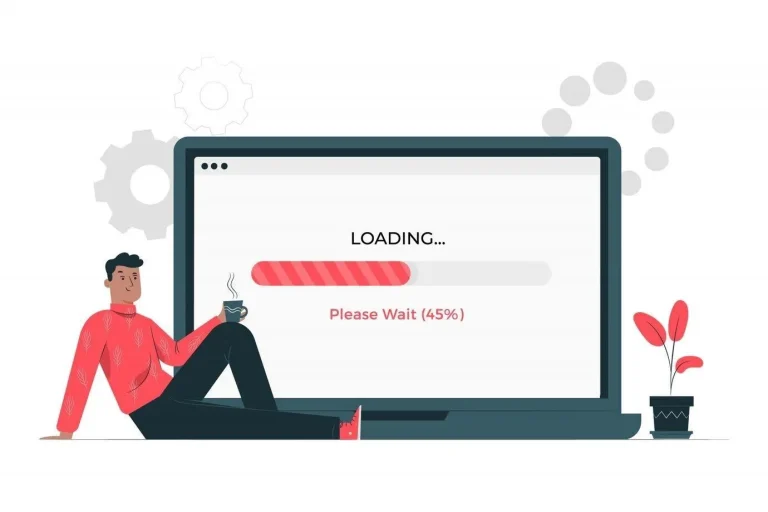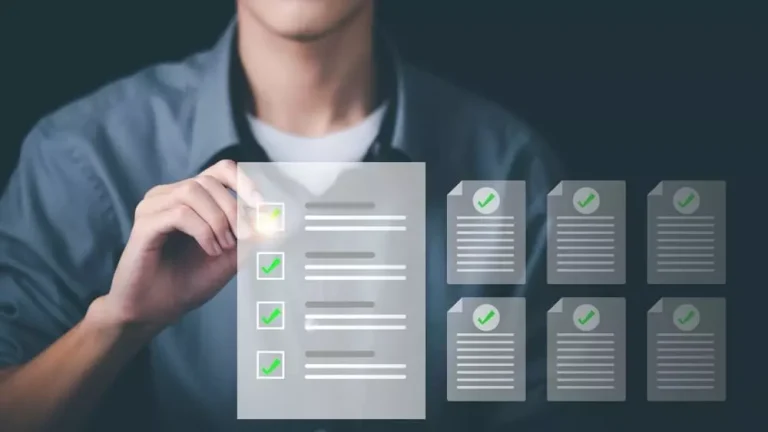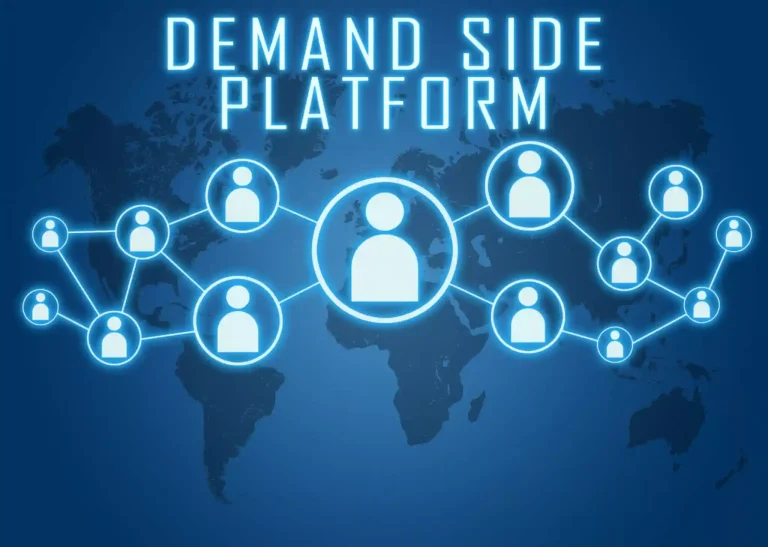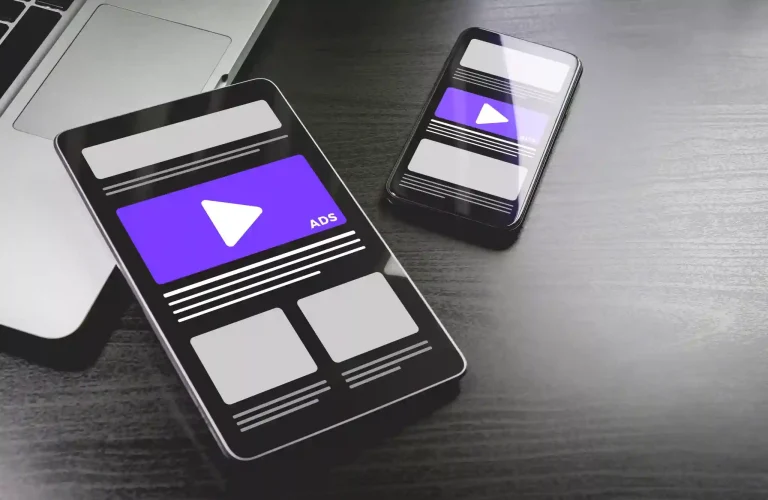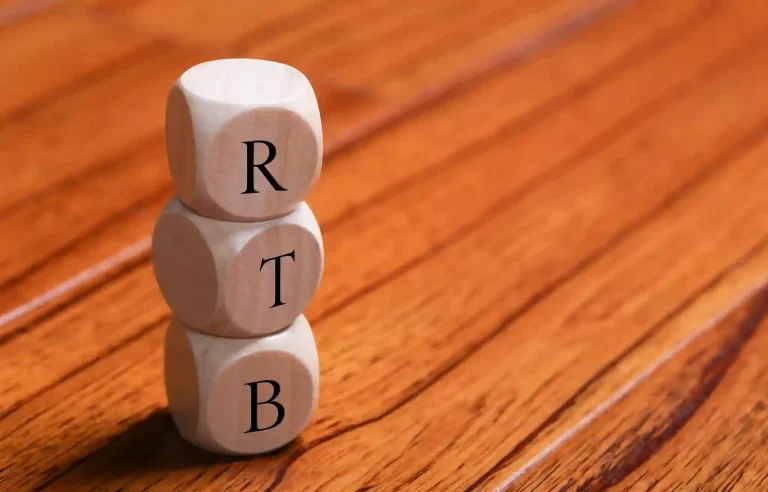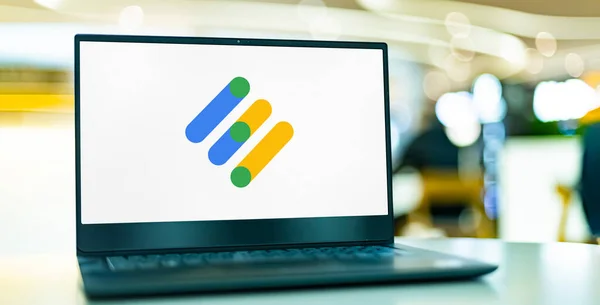Before getting into what a deal ID is, we need to turn back and understand the advent of programmatic direct deals. Until the introduction of programmatic direct*, publishers used to sell their inventories either via direct deals or open ad exchanges.
*Programmatic direct encompasses programmatic guaranteed campaigns, private marketplaces, and preferred deals.
Programmatic direct deals enabled publishers to sell their premium impressions to known advertisers at better ad rates. Unlike open exchanges, a publisher gets more certainty in any programmatic direct deals – mainly because CPMs (or minimum floor price), ad fill rate, and volume of impressions are negotiated beforehand.
But, have you ever wondered how advertisers ensure that they are buying the right inventories from a publisher at the preset terms? That’s where deal ID comes in. Using deal IDs, sellers and buyers can trade impressions in an expected manner via preferred deals, programmatic guaranteed, and private auctions. So, let’s deep dive into what is it and how it helps publishers and advertisers in programmatic advertising.
What is Deal ID?
A Deal ID is a unique number that usually consists of 19 characters and is generated by the publisher’s supply-side platform (or an ad server) for programmatic direct deals. It enables buyers to identify publishers in the auction and buy their premium inventories based on certain pre-negotiated terms.
How does Deal ID work?
When a deal is created, the publisher’s server (or an SSP) generates a deal ID. This deal id is then passed along with the bid request, which, in turn, helps demand-side platforms to recognize the deal and bid accordingly. Since preferred deals or private auctions work in a slightly different way, let’s try to understand individually.
For Private Auctions
Here’s a quick refresher:
Private Marketplaces are a medium through which a publisher makes a certain amount of premium ad inventories available in the exchange for the selected advertisers after reaching a settlement (that includes price floor, type of ad units, and the total number of impressions).
In a private auction, a publisher negotiates terms by sending a proposal to the buyer until both sides are satisfied. For instance, a publisher can generate, send, and negotiate terms via Google Ad Manager. Once finalized, the publisher generates an ID that is unique to this deal.
Once the auction starts, the publisher sends a bid request with the deal ID to the demand partners. As soon as the buyers receive the request, they match it with the ID provided to them (the publisher may communicate the deal ID with the buyer so that the buyer can recognize the ID at the time of the auction). If matched, they set the deal ID in the bid response and participate in the auction.
In some cases, an advertiser skips the deal and tries to compete for the impressions in an open auction. In that case, demand partners return the bidding response by setting a deal ID equal to 1. It informs the publisher that the advertiser isn’t willing to participate and cannot be considered for the private auction.
For Preferred Deals
A Preferred deal is a one-to-one selling and buying advertising model whereby a publisher sells a fixed amount of ad inventories at a fixed CPM rate to one advertiser. Similar to PMP auctions, the publisher sends a deal ID to the advertiser via the first-party platform (Ad server or SSP). When the buyer’s side receives the bid request with deal ID, they return the bid response with the same ID.
Suppose, you send a bidding request with Deal_ID = 123 and negotiated a CPM of $3.00 to the advertiser. The advertiser can either:
- Participate in the deal by sending the bid response with Deal_ID = 123, and CPM = $3.00 or
- Skip the deal by setting Deal_ID = 1 or not set.
If the advertiser sets the Deal_ID = 123, and CPM < $3.00, then the bidding response will not be considered for the auction even after setting the right ID.
For Programmatic Guaranteed
In a programmatic guaranteed deal, a publisher and advertiser sell and buy targeted ad impressions based on device ID or cookies. The working of deal ID in a PG deal is the same as that of a preferred deal.
Benefits of Deal ID
In addition to enhanced targeting capabilities, auctions done facilitated by deal IDs can offer a bunch of advantages to both sides. Here are a few reasons why you should be doing private auctions with deal IDs:
- It offers greater control and flexibility over premium ad inventories to both publishers and advertisers.
- Better ad campaign quality than the open market since not all advertisers are allowed to buy inventories. Only buyers with the ID can ultimately bid and win the impressions.
- More transparency since the publisher and advertisers are already aware of who will be buying their inventories and on whom the ad will be targeted.
- While using deal identifiers, both publishers and buyers pre-negotiate the specifics of the campaigns, which means, better revenue for publishers and higher ROI for advertisers.
- It enables publishers to sell their inventory to specific buyers if they don’t prefer the open market.
- Deal ID saves publishers from the complications of using tags. A single Deal ID can have multiple criteria like pricing, placements, etc., that would otherwise require many tags. Also, unlike tags, a deal ID doesn’t impact page load.
What’s Next?
Over the past few years, the deal id has become important for both publishers and advertisers who are selling and buying media programmatically. Deal IDs can ease the process of setting up a direct deal and run it programmatically.
That being said, the platform with which you run programmatic direct deals matters a lot. Choose the right platform and understand the value of your impressions before getting into negotiations. It is necessary to stay attentive while adding the deal id in the bid request since it is just a numeric value and critical for auctions. Need help with setting up PMP deals? Give us a shout here.




